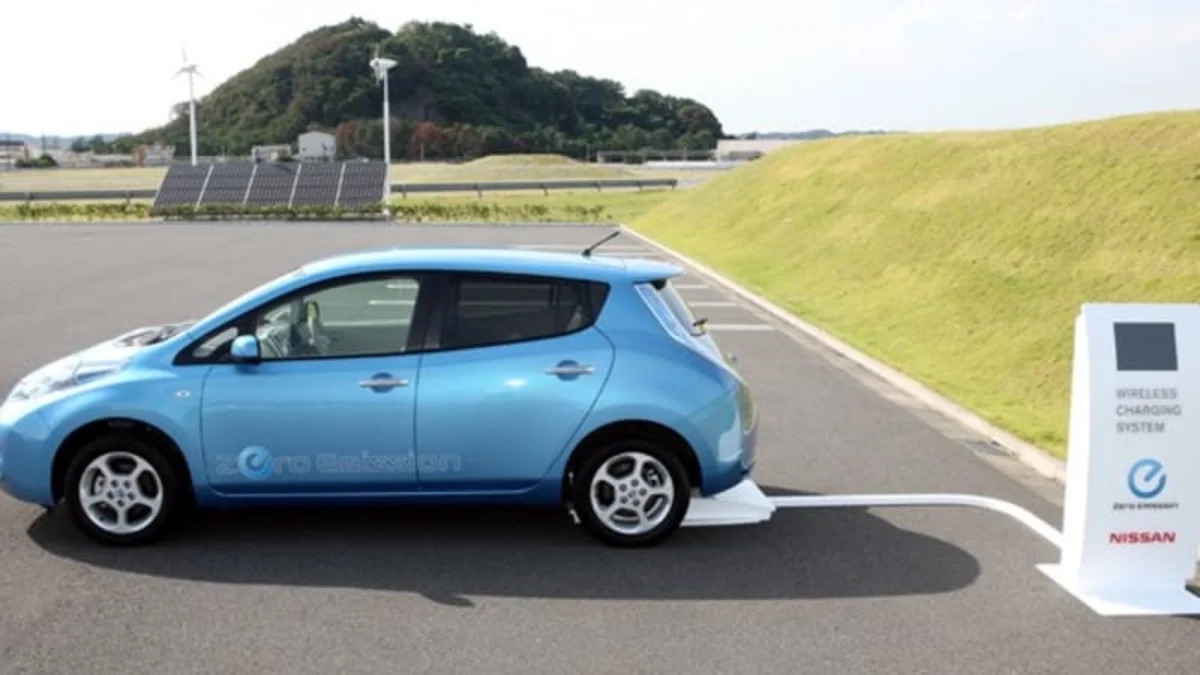U.S. automobile executives are less optimistic about consumer adoption of electric-drive vehicles than their colleagues overseas, reflecting what they say is a lack of consensus over which type of electrified powertrain will become predominant over the next few years, consultant KPMG International said in its 13th annual Global Automotive Executive Survey.
About half of the U.S. automobile executives polled said electric-drive car registrations would account for between 6 percent and 10 percent of all new car registrations in 2025, while more than half of the China-based executives say electric-drive vehicles will account for between 11 and 25 percent of new cars. And in Japan, more than half the executives say electric-drive vehicles will account for at least a quarter of the new cars, according to KPMG.
Powertrain electrification is topical because more than three-quarters of those surveyed said fuel efficiency is the most important issues consumers factor in when buying a new car. Still, most of those surveyed said increasing gas-engine fuel efficiency will be a more effective way to cut automobiles' greenhouse-gas emissions over the next five years than investment in electric powertrains.
"Compared to previous years' results, the findings this year tell us that auto experts have no clear idea of the direction the industry is heading," said Mathieu Meyer, partner and head of automotive for Europe at KPMG, in a statement.
KPMG surveyed 200 auto executives by phone between last August and October. Almost half the executives were based in Europe, 31 percent were based in Asia-Pacific and 22 percent were in the Americas.


Sign in to post
Please sign in to leave a comment.
Continue